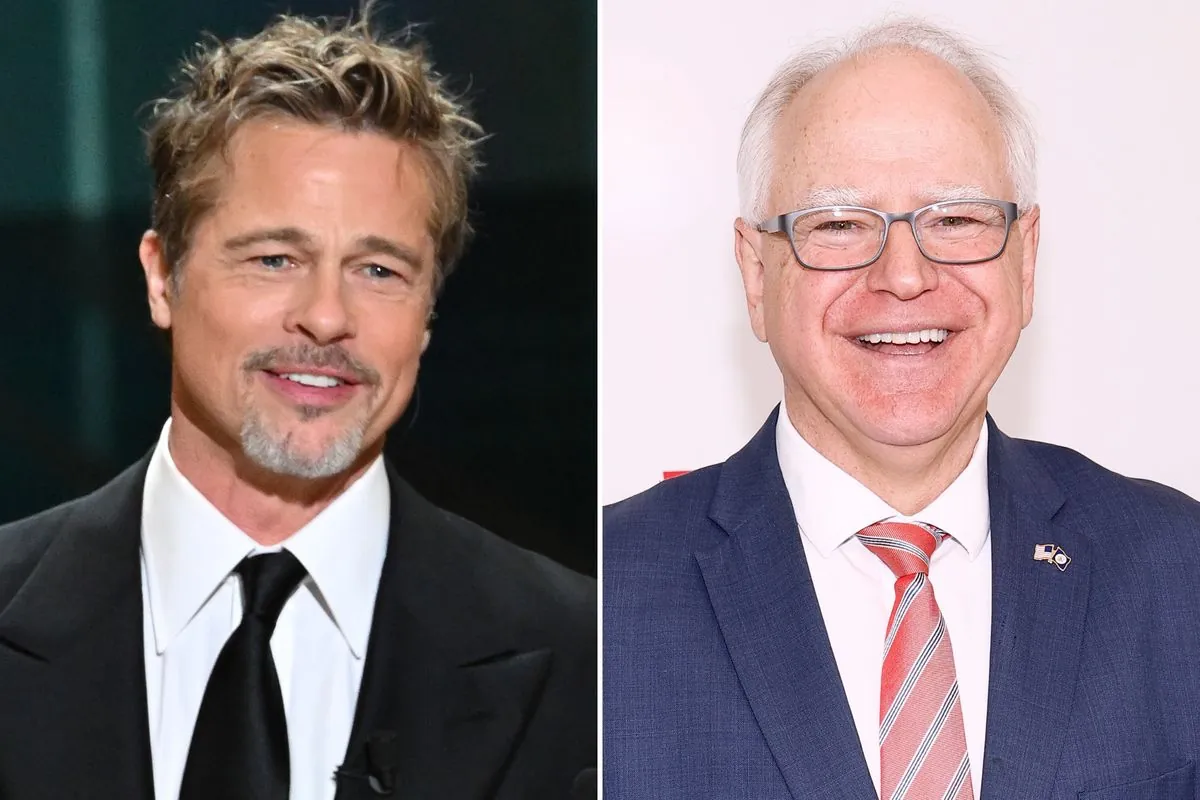In the wake of President Joe Biden's decision to withdraw from the 2024 presidential race, a notable shift in political discourse has occurred. Criticisms previously directed at Biden have seamlessly transitioned to Vice President Kamala Harris, who now leads the Democratic ticket. This phenomenon highlights a broader trend in American politics where perceptions of candidates often stem more from their political affiliations than their individual records.
Recent polling data from YouGov reveals a striking example of this trend. Approximately 40% of Americans consider it fair to describe Harris as "corrupt," with over 75% of Republicans sharing this view. This perception persists despite the lack of concrete evidence supporting such claims, mirroring similar criticisms previously leveled at Biden and Donald Trump.
The selection of vice-presidential candidates has also come under scrutiny. Trump named Senator JD Vance of Ohio as his running mate approximately one month ago, while Harris chose Minnesota Governor Tim Walz earlier this month. A Washington Post-ABC News-Ipsos poll conducted recently provides insight into public perception of these choices.
"Walz does better than Vance, certainly. Lots of Americans have no opinion of the candidates, but among those who do, Walz is more positively viewed than negatively. Vance is more negatively viewed than positively."
Notably, Vance's favorability ratings are unusually low compared to historical data for vice-presidential picks since 2008. Even within the Republican Party, Vance's support appears tepid, with lower levels of strong approval compared to Walz among Democrats.
This lukewarm reception challenges the traditional notion of a "honeymoon period" for vice-presidential candidates. In the past, figures like Sarah Palin received high initial favorability ratings, boosted by party conventions designed to present candidates in the best possible light. However, both Walz and Vance remain relatively unknown to over a quarter of Americans, with their favorability numbers falling short of historical precedents.
It's worth noting that vice-presidential choices typically play a secondary role in voters' decisions. However, given Trump's age, there may be increased scrutiny on Vance's candidacy. The soft polling numbers for Vance, a month after his introduction, could be a cause for concern within the Republican Party.
These developments occur against the backdrop of an evolving vice-presidential role. Since World War II, the position has gained significant importance, with Walter Mondale's tenure under Jimmy Carter often cited as a turning point in establishing a true partnership with the president. Today, the vice president serves as a key member of the National Security Council and maintains an official residence at Number One Observatory Circle in Washington, D.C.
As the 2024 election approaches, it remains to be seen how these early perceptions of vice-presidential candidates will impact the overall race. While the focus primarily remains on the top of the ticket, the evolving nature of the vice presidency ensures that these choices will continue to attract attention and scrutiny from voters and political analysts alike.
